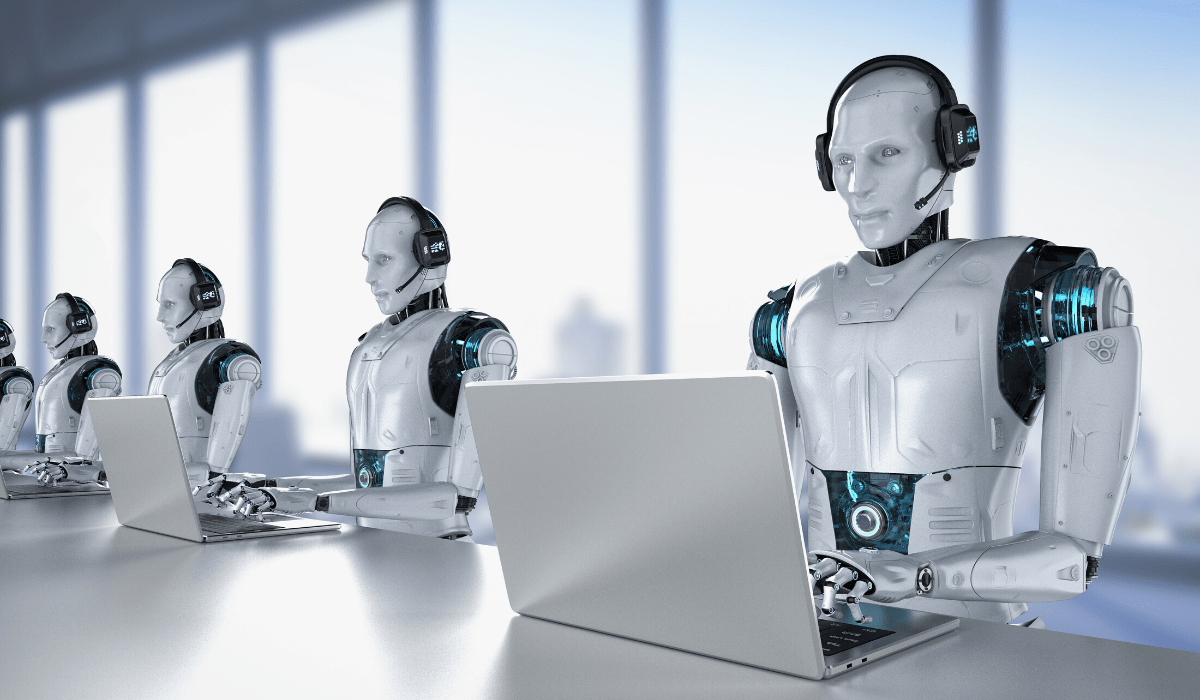Since its recent grand entrance to the world stage, ChatGPT has been infiltrating and proliferating past the tech realm and into the business world. As Artificial Intelligence (AI) continues to advance, more companies are turning to these technologies to replace human workers in certain roles. For example, Boston Dynamics’ “robodogs” are now being equipped with ChatGPT to speak and respond to people’s questions in real time.
The use of AI in the workplace is still in its infancy. However, if the past few months are any indication, AI will soon make a tremendous and imminent impact on how businesses operate. This raises a host of important ethical legal and ethical questions, such as privacy, job displacement, cost-cutting, discrimination, bias, and cybersecurity concerns. As more and more companies consider how to implement AI into their business operations, they will have to tackle these important issues to ensure they remain legally compliant and protect themselves from lawsuits by regulators, employees, and investors.
PLDO Partner Brian J. Lamoureux was recently interviewed by WPRO’s Matt Allen to discuss the opportunities and risks surrounding ChatGPT. Click here to listen to the interview.
Attorney Lamoureux is a member of the firm’s litigation, employment, corporate, and cybersecurity teams. He is also a Practitioner Faculty member at Providence College, where he created and teaches an MBA-level course called “Digital and Social Media in the Business Environment.” Attorney Lamoureux can be reached at 401-824-5155 or by emailing bjl@pldolaw.com.


